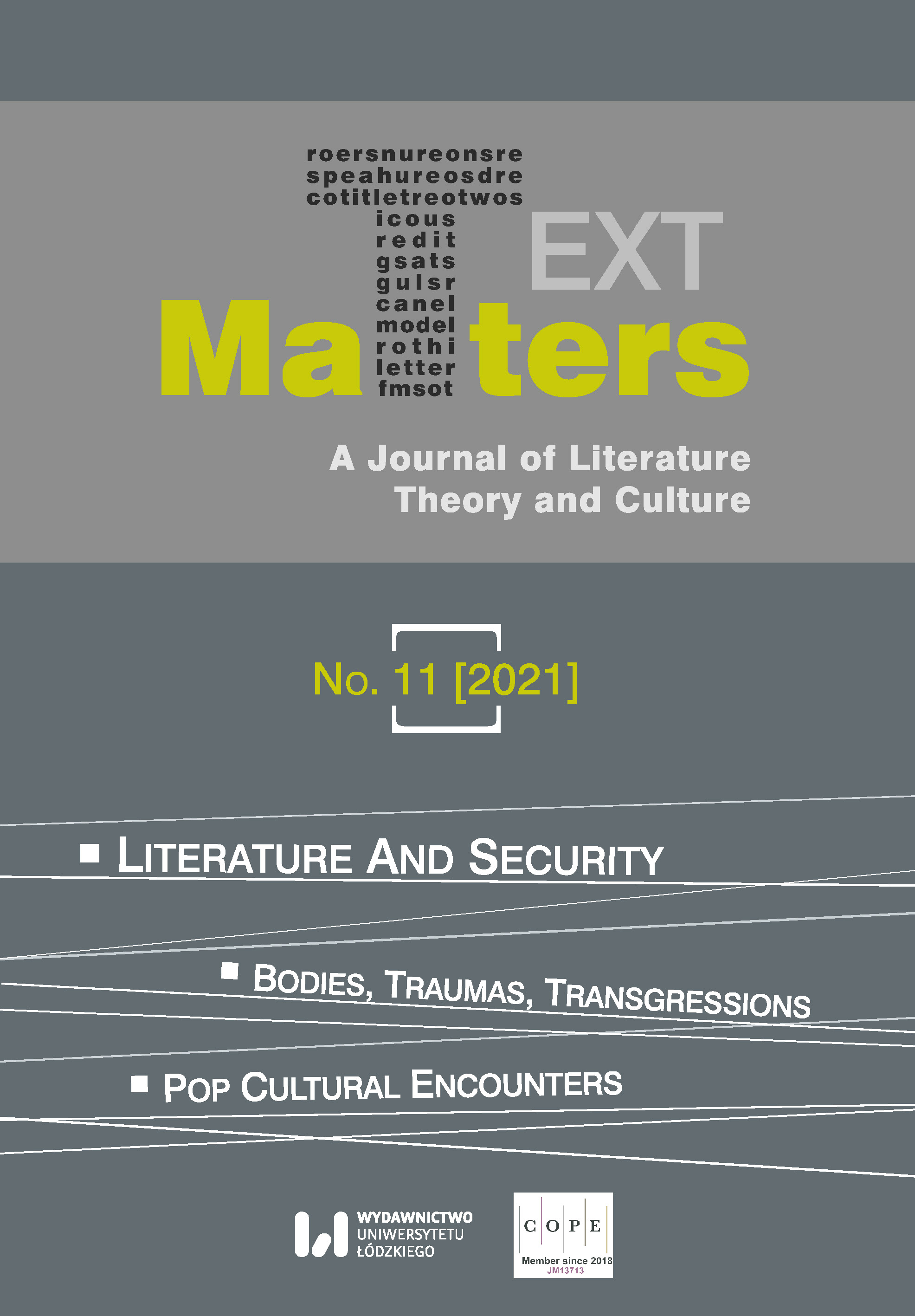Griselda’s Afterlife, or the Relationship between Shakespeare’s The Winter’s Tale, Chaucer’s The Clerk’s Tale and the Tale of Magic
DOI:
https://doi.org/10.18778/2083-2931.11.21Keywords:
Chaucer, Shakespeare, patient Griselda, tales of magic, women’s social positionAbstract
Some influence of Chaucer’s The Clerk’s Tale, also known as the story of the patient Griselda, on Shakespeare, and particularly on The Winter’s Tale, has long been recognized. It seems, however, that the matter deserves further attention because the echoes of The Clerk’s Tale seem scattered among a number of Shakespeare’s plays, especially the later ones. The experimental nature of this phenomenon consists in the fact that Griselda-like characters do not strike the reader, especially perhaps the Renaissance reader, as good protagonists of a tragedy, or even a problem comedy. The Aristotelian conception of the tragic hero does not seem to fit Griselda because there is no “tragic fault” in her: she is completely innocent. It was thus a bold decision on the part of Shakespeare to use this archetype as a corner stone of at least some of his plays.
Downloads
References
Aarne, Antti, and Stith Thompson. The Types of the Folk-Tale. A Classification and Bibliography. Suomalainen Tiedeakatemia, 1928.
Google Scholar
Benson, Larry D., editor. The Riverside Chaucer. Oxford UP, 1989.
Google Scholar
Bevington, David, editor. William Shakespeare, The Late Romances: “Pericles,” “Cymbeline,” “The Winter’s Tale,” “The Tempest.” Bantam, 1988.
Google Scholar
Bloom, Harold. Shakespeare: The Invention of the Human. Riverhead, 1998.
Google Scholar
Cate, W. A. “The Problem of the Origin of the Griselda Story.” Studies in Philology, vol. XXIX, 1932, pp. 389–405.
Google Scholar
Cooper, Helen. Introduction. Medieval Shakespeare. Pasts and Presents, edited by Ruth Morse, Helen Cooper and Peter Holland, Cambridge UP, 2013, pp. 1–16. https://doi.org/10.1017/CBO9781139060905.002
Google Scholar
DOI: https://doi.org/10.1017/CBO9781139060905.002
De Pisan, Christine. The Treasure of the City of Ladies, or the Book of the Three Virtues. Translated by Sarah Lawson. Penguin, 1985.
Google Scholar
Girard, René. A Theater of Envy: William Shakespeare. Oxford UP, 1991.
Google Scholar
Graves, Robert. The Greek Myths, Volumes 1 and 2. Penguin, 1990.
Google Scholar
Gray, Douglas. Simple Forms. Essays on Medieval English Popular Literature. Oxford UP, 2015. https://doi.org/10.1093/acprof:oso/9780198706090.001.0001
Google Scholar
DOI: https://doi.org/10.1093/acprof:oso/9780198706090.001.0001
Griffith, D. D. The Origin of the Griselda Story. U of Washington P, 1931.
Google Scholar
Lüthi, Max. Das europäische Volksmärchen. Form und Wesen. [The European Folktale. Form and Nature.] Francke Verlag, 1985.
Google Scholar
McCarthy, Grace Annelyse. “The Evolution of the Patient Woman: Examining Patient Griselda as a Source for William Shakespeare’s The Winter’s Tale.” 2015. U of Alaska Fairbanks, MA thesis.
Google Scholar
Salzman, Paul, editor. An Anthology of Elizabethan Prose Fiction. Oxford UP, 1987.
Google Scholar
Sledd, James. “The Clerk’s Tale: The Monsters and the Critics.” Chaucer Criticism, Volume 1, edited by Richard J. Schoeck and Jerome Taylor, U of Notre Dame P, 1982, pp. 160–74.
Google Scholar
Stokes, Francis Griffin. Who’s Who in Shakespeare. Bracken, 1924.
Google Scholar
The Brothers Grimm. The Complete Fairy Tales. Wordsworth Editions, 1998.
Google Scholar
Thompson, Stith. The Folktale. U of California P, 1977.
Google Scholar
Tolkien, J. R. R. The Monsters and the Critics and Other Essays. HarperCollins, 1997.
Google Scholar
Published
How to Cite
Issue
Section
License

This work is licensed under a Creative Commons Attribution-NonCommercial-NoDerivatives 4.0 International License.













